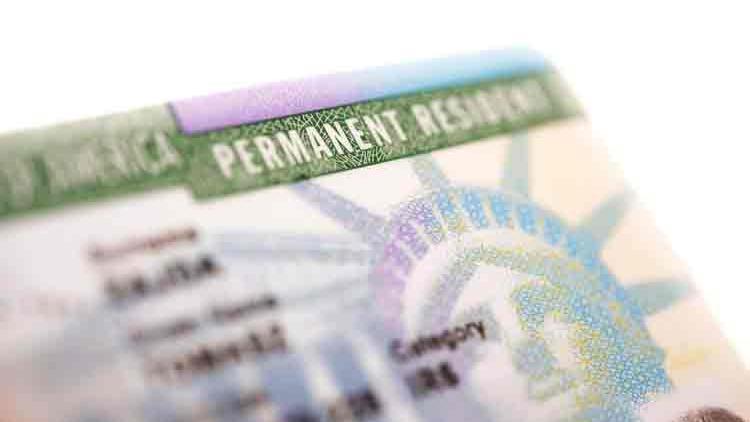Republicans ask court to put on hold the decision that threw out Trump’s hardline immigration rule

A group of Republican state officials on Friday asked the U.S. Supreme Court to allow them to take over the defense of a hardline immigration rule issued by former President Donald Trump’s administration that barred immigrants likely to require government benefits from obtaining legal permanent residency, a Reuters report said.
According to the report, the 14 Republican state attorneys general, led by Ken Paxton of Texas, asked the justices to put on hold an Illinois-based federal judge’s decision that threw out the so-called “public charge” rule nationwide.
The administration of President Joe Biden, who took office in January, decided to drop the government’s legal defense of the regulation. As a result, the Supreme Court on March 9 dismissed two appeals launched before Trump left office that sought to preserve the rule after lower courts ruled against it, the report said.
The Republican attorneys general said that the Biden administration’s change of position and refusal to defend the rule were an attempt to evade the normal and lengthy process of unraveling a federal regulation. They previously asked the Chicago-based 7th U.S. Circuit Court of Appeals to allow them to intervene to defend the policy, but were rejected.
Biden, who has criticized Trump’s immigration approach, was widely expected to dump the public charge rule. A coalition of immigrant rights groups that along with the states of New York, Connecticut and Vermont challenged the rule, calling it an illegal “wealth test.”
Judges who ruled against the policy said it likely violated federal immigration and administrative law by impermissibly expanding the definition of who counts as a “public charge” and greatly increasing the number of people who would be rejected for residency.
Friday’s filing was the first emergency application made at the Supreme Court against a Biden administration policy move. Such applications are made via the court’s secretive “shadow docket.” As reported by Reuters this week, the “shadow docket” has come under increasing scrutiny over concerns that it is not sufficiently transparent, with decisions made quickly with little explanation.
A central issue in the various legal challenges to the “public charge” rule was which immigrants would be eligible for legal permanent residency, commonly known as a “green card.”
U.S. immigration law has long required officials to exclude people likely to become a “public charge” from permanent residency. U.S. guidelines in place for the past two decades had said immigrants likely to become primarily dependent on direct cash assistance or long-term institutionalization, in a nursing home for example, at public expense would be barred.
Trump’s policy expanded the public charge bar to anyone deemed likely to receive a much wider range of benefits for more than an aggregate of 12 months over any 36-month period including the Medicaid healthcare program, housing and food assistance, the Reuters report said.















